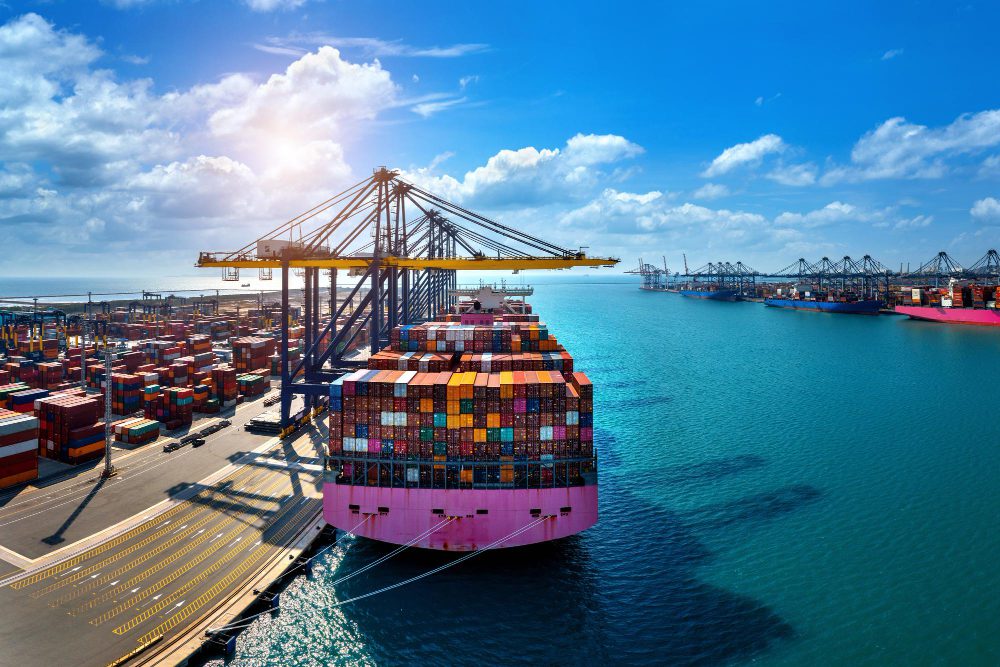SAN ANTONIO – Laredo’s land port, Corpus Christi’s Sea port and Port San Antonio – all already in expansion mode – have a chance to snare additional business and partner up in a regional marketing effort, thanks to production in the Eagle Ford Shale oil and gas fields.
Speakers at the Eagle Ford Consortium’s annual conference, which wrapped up Friday, said taking a regional approach to everything from transportation planning to logistics could benefit each city.
“We think we have tremendous opportunity to have marketing and trade development,” said John LaRue, CEO of Port Corpus Christi.
South Texas
The ports have formed the South Texas Alliance for Regional Trade to highlight sectors such as energy, manufacturing, energy and international trade.
Around 10,000 to 12,000 trucks cross the border daily in Laredo, the nation’s busiest inland port, said Carlos Villarreal, Laredo’s city manager, so the problems of increased truck traffic and oil field-related road damage throughout South Texas are issues Laredo has long faced. “It’s something that’s not new to the city of Laredo,” he said.
LaRue noted that Kelly Field at Port San Antonio has the region’s largest industrial airport, as well as rail access.
And Port Corpus Christi is the fifth largest port in the United States in total tonnage and is building up its infrastructure to handle the influx of crude oil into its port.
From imports to exports
The port used to be a crude importer but is transforming into an exporter thanks to the Eagle Ford Shale activity, with companies taking crude by barge from Corpus Christi to refineries in Louisiana and other states.
Port Corpus Christi also is planning an export terminal for liquefied natural gas, which could eventually export natural gas from the Eagle Ford to foreign markets.
Although Eagle Ford has a large “window” where drillers predominantly find natural gas, those areas aren’t being tapped now thanks to low natural gas prices.
Ken Morgan, of Texas Christian University’s Energy Institute, said the U.S. has an enormous supply of natural gas in shale fields, and that trucking fleets and other vehicles should switch to running on natural gas instead of diesel or gasoline.
“It’s a continent filled with shales,” he said. “We are covered up in a potential energy source”
If the U.S. doesn’t use its natural gas supply, Japan and other countries are willing to buy “every molecule we can send them.”
“What you have is the tip of the iceberg in South Texas,” Morgan said.
Natural gas prices have been near historic lows thanks to an irony of supply and demand.
In the wake of shale drilling across the country – resulting in a huge increase in natural gas production – prices fell so low that drillers no longer seemed to have an incentive to go after natural gas.
But Morgan said that new markets will develop for natural gas one way or another.
“Cheap energy wins,” he said.
The original article can be found on Fuel Fix: Fuel Fix Blog

Logistics Group International
Eagle Ford Shale boost growth at Texas Ports
Close Menu
- Home
- Services & Solutions
- About Us
- Blog
- Contact
- Free Quote
- Become a Carrier
- Login
- 713.957.4812